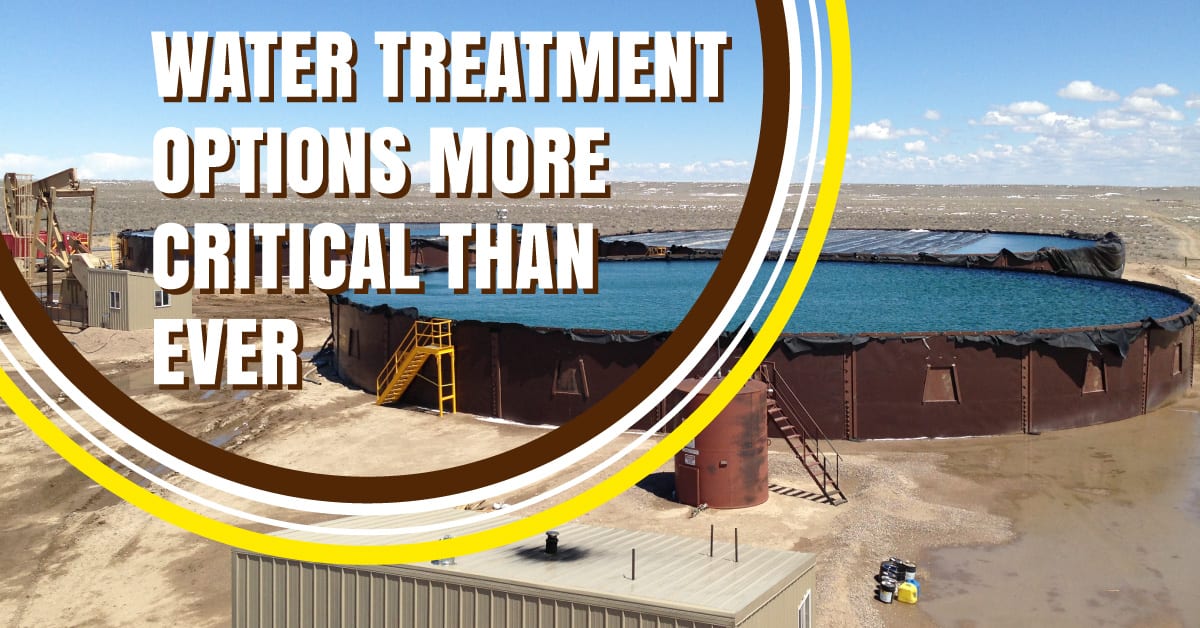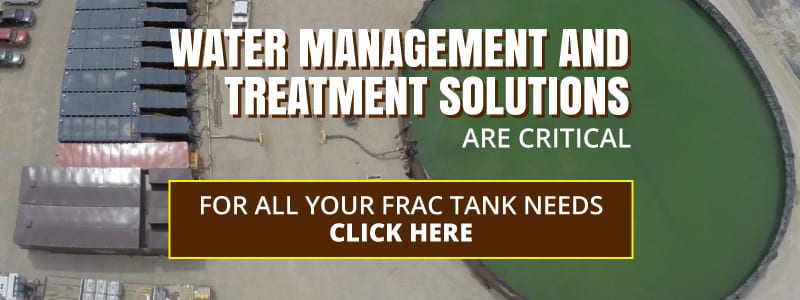Next to air, there is only one other item that humans can truly not survive without: water. Clean, fresh water is key to not just life, but also many processes and the production of many goods in society. In fact, water is even an important part of energy generation. From hydropower to fracking, water is key in helping produce enough power to keep the North American energy grids up and running.
However, energy production causes changes in water that can be problematic if not managed properly. Hydroelectricity changes the temperature of the water so that water returned to rivers is hotter than the water that entered a power-generation facility. Fracking, however, utilizes a process that involves injecting water into the earth with sand and a variety of chemicals that help to break up the shale and release natural gas. Previously on the blog, we went over the various stages that water goes through during the fracking process. Unlike with hydroelectricity, this returned water cannot be reintroduced into the environment. It has to either be reused for hydraulic fracturing, stored indefinitely in frac tanks, or treated.
Currently, roughly 13 percent of flowback and produced water is reused during the fracking process. This not only cuts down on the gallons of water dirtied in the process, but it also helps to reduce the costs of transporting water to the site and storing the large quantities. However, the option that is becoming more and more popular is having frac water treated by a qualified facility. With a rise in water treatment facilities, and even mobile units, treating frac water is becoming more effective and more affordable than even disposing of frac water through wastewater well injection.
Well Water Solutions is on the cutting edge of frac water treatment and disposal. It doesn’t matter how large your fracking operation is, Well Water Solutions is able to provide both stringent standards, quick speeds, and affordable costs for any operation to be able to have flowback and produced water treated.
There has been an increase in both the technologies and the availability to treat frac water in a variety of manners. Some of the most common treatment options include thermal distillation, advanced oxidation, and reverse osmosis in order to make sure that frac water is able to pass stringent regulations. Also, because different shale beds have slightly different compositions, they all have to be treated slightly differently. Some areas have higher salt content, or bromides, than others for example. In order to make sure that the water is properly treated, experts are able to look at the current composition and use the process that makes the most sense.
Well Water Solutions is able to help you through the entire lifecycle of your site’s water needs. We provide full management of water, from the water source, to the site, and then back to our facility for treatment or disposal. There is no better choice for your wastewater disposal needs and no better choice for frac tanks and above-ground water storage solutions. Call today for more information.



